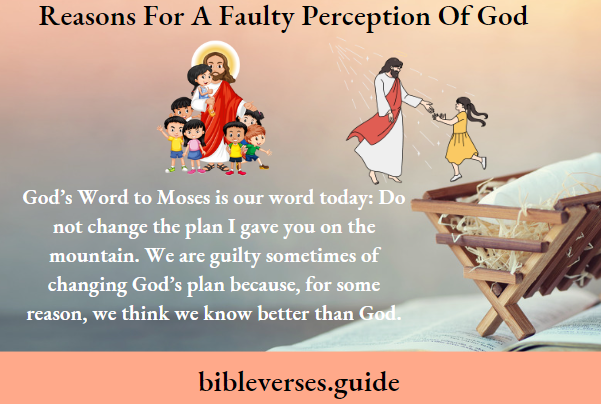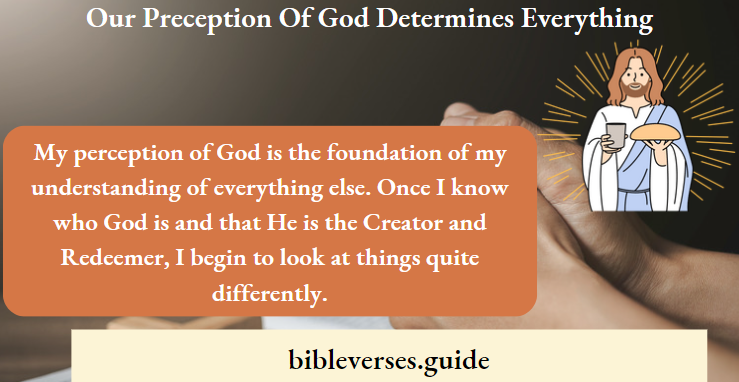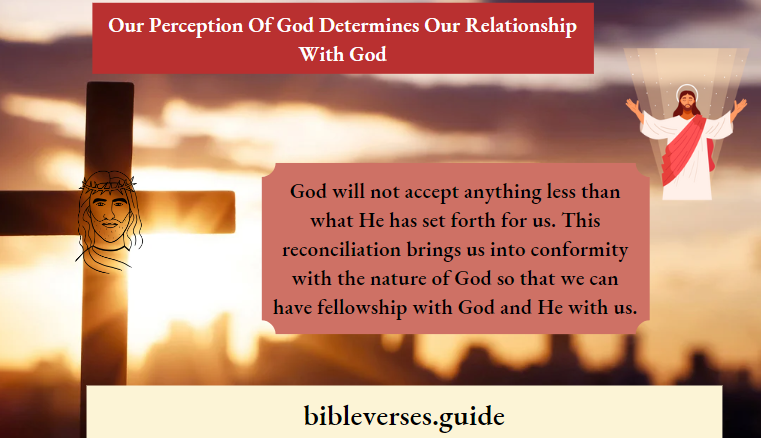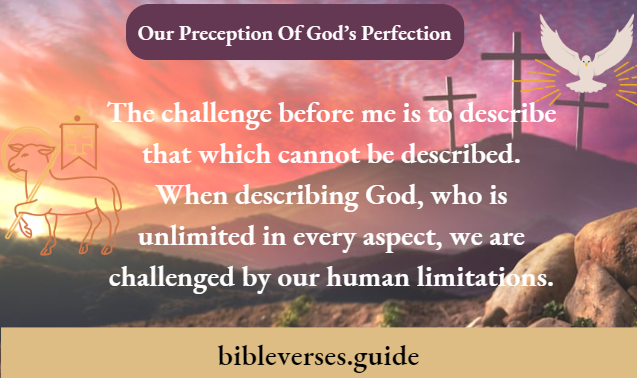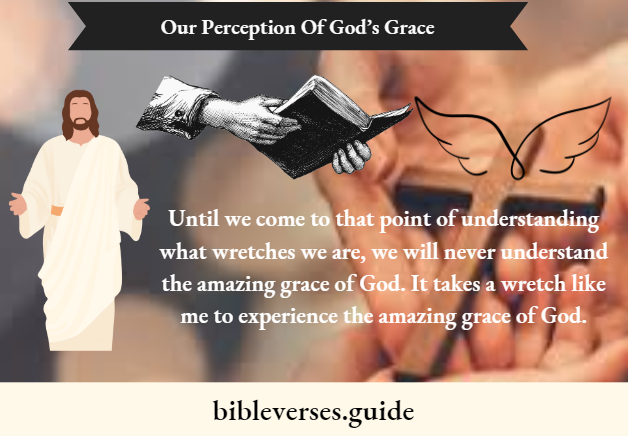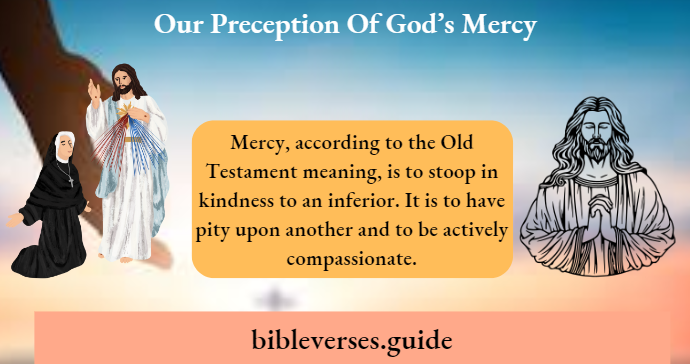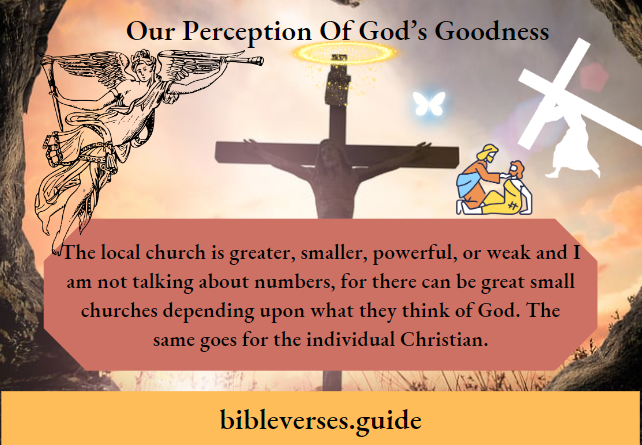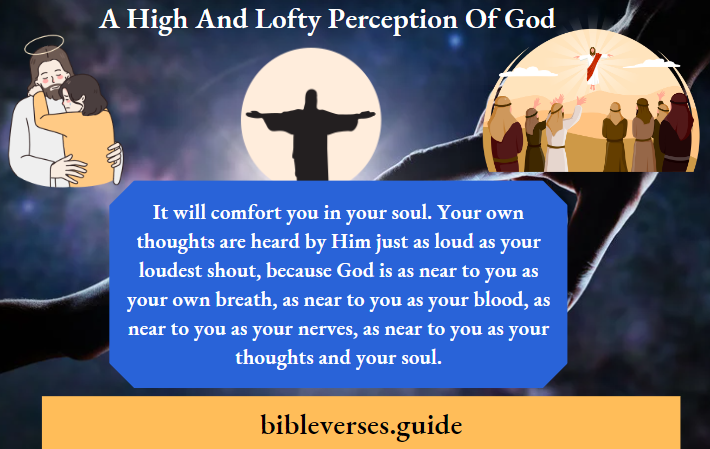The Perception Of Our Relationship With God
Dear Lord Jesus, I long to know Thee, and fellowship with Thee, and draw near unto the mystery of Thy Majesty: Open up my heart to see what Thou wouldst want me to see as far as my relationship with Thee goes. Fill my heart with wondrous expectation rooted in the heart of the Lord Jesus Christ. Amen.
Before we go any further, we need to look at who Christ is and what His relationship is to the redeemed company that we call the church. Who is this Christ? How do I relate to this Christ?
All of this needs to be answered in a way that will draw me into the heart of God. It is one thing to have a lot of information about God, but it is another thing to bask in the warmth and reality of His presence.
Read and Learn More Things That Delight The Heart Of God
Our relationship with God can be condensed, rather imperfectly, into three words: centrality, “basically,” and preeminence. These three words, if understood in the context of Scripture, will bring great enlightenment into the heart of the believer. We are part of Christ, but I believe it goes much deeper than that.
Jesus Christ Is Central
The old devotional writers used to emphasize that Christ is to the church what the soul is to the body. You know what the soul is to the body; it is that which gives it life, and when the soul flees the body, it cannot keep the body alive.
When the soul is gone, then the embalmer takes over, and in the church of Christ—any church, anywhere, of any denomination, whatever it may call itself—as long as Christ is there, imparting life to that redeemed company, you have the church. Christ is central in His church. He holds it together, and in Him, it appears.
Jesus Christ Is Basic
The next word is basically. I do not think there is such a word; I made it up. But if there is not such a word, there ought to be. What I mean is that Jesus Christ is basic to the church. He is underneath it, and the whole redeemed company rests on the Lord Jesus Christ. I think I might be able to go around the world and simply cry, “Christ is enough.”
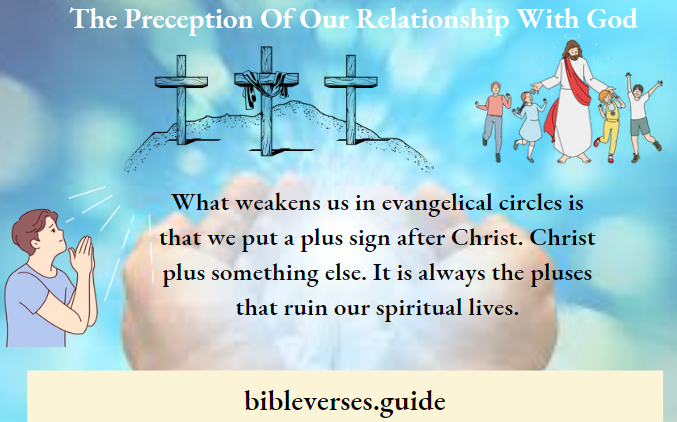
It is always the additions, or the additives, as we say now, that weaken the church.
Remember that God has declared that His Son, Christ, is sufficient. He is the way, the truth, and the life; He is wisdom, righteousness, sanctification, and redemption. He is the wisdom of God and the power of God that gathers onto himself all things, and in Him all things consist so that we do not want Jesus Christ plus something else, or Jesus Christ and something else.
We must never put an end after Christ, waiting for something else, or Christ with a dash, leading to something else. We must preach Christ, for Christ is enough.
We of the evangelical faith—which is, I believe and have always believed, to be the faith of our fathers and the biblical faith should not put Christ plus science or Christ plus philosophy or Christ plus psychology or Christ plus education or Christ plus anything else, but Christ alone.
These other things may have their place and be used, just as you can throw sand into vats where they are making glass and it will all melt. We can use all these things, but we are not leaning on any of them. We are resting on Him who is basic to the faith of our fathers.
Christ Is Preeminent
Then we have the word preeminent—that Christ might be preeminent and placed above all things. Let us think of Jesus Christ above all things, underneath all things, outside of all things, and inside of all things. He is above all things but not pushed up.
He is beneath all things but not pressed down. He is outside of all things but not excluded, and inside but not confined. He is above all presiding, beneath all upholding, outside of all-embracing, and inside of all buildings.
We are committed to Jesus Christ, our Lord, alone. Our relationship with Christ is all that matters, really. I believe that a true Christian faith is an attachment to the person of Christ in total commitment to Him.
Several things are involved in this attachment to the person of Jesus Christ.
There is an intellectual attachment. To follow Jesus Christ forward in complete commitment, total commitment means there has to be an intellectual attachment to Christ; that is, we cannot run on our feelings or wisps of poetic notions about Christ.
We have a good many bogus Christs among us these days, and I believe that as followers of the Lamb, we are obligated to point out these bogus Christs, show them up for what they are, and then point to the Lamb of God that takes away the sin of the world.
We must warn people today that if they have an imaginary Christ and are satisfied with an imaginary Christ, then they must be satisfied with an imaginary salvation. That seems to be the bottom line with us.
Our salvation is no better than our perception of Christ. If that perception is flawed, our salvation is also flawed.
In our world today, there are many Christs, many Lords, and many Gods. We have a knack for dreaming up a God of our imagination that satisfies us at the time. However, our message is that there is only one Christ and those who follow Christ have an attachment to Him that is an intellectual attachment, that is, they know Christ theologically.
There is the romantic Christ of the female novelist, the sentimental Christ of the half-converted cowboy, the philosophical Christ of the academic egghead, the cozy Christ of the effemi¬nate poet, and the muscular Christ of the all-American athlete.
We have these kinds of Christ, but there is only one Christ, and God has said about Him that He is His Son.
The Athanasian Creed says that “Lord Jesus Christ, the Son of God, is God and man: God of the substance of the Father, begotten before the worlds; a man of substance of His mother, born in the world; perfect God and perfect man, subsisting of a reasonable soul and human flesh; equal to the Father as touching His divinity, and inferior to the Father as touching.
His manhood, who, although He is God and man, yet He is not two, but one Christ.” This is the Christ we adore, and we must have knowledge of this; that is, we must have the Christ of Christian theology.
I would never have anything to do with any book or any movement or any religion or any emphasis that does not begin with Christ, go out from Christ, and return to Christ again—the Christ of God, the Christ of the Bible, the Christ of Christian theology, the historic Christ of the Scriptures.
He is the One, so we must have an intellectual attachment to Christ. You cannot simply let your heart run out to Christ with some kind of warm feelings about Him and not be sure of who He is. This is the essence of heresy. We must believe in the Christ of God; we must believe in who God said He is.
Volitional Attachment To Christ
Then there is the volitional attachment to Christ. If I am going to follow Christ forward in complete and total commitment, I must do it by my will. A person is in bad shape and is making a grave mistake when he tries to live on impulse, inspiration, and feelings.
The man who lives on his feelings is not doing very well and is not going to be able to last very long. The old devotional writers used to tell of “the dark night of the soul.” There is a place where the Christian goes through darkness, where there is heaviness.
Some believe that God is going to take us off to heaven all wrapped up in cellophane, looking like we ought to be hanging on the Christmas tree. God is going to take us to heaven after He has purged us disciplined us taken us through the fire and made us strong. Thank God that faith brings feeling, as they used to sing:
O Happy Day, That Fixed My Choice
O happy day; that fixed my choice
On Thee, my Savior and my God!
Well, may this glowing heart rejoice,
And tell its raptures all abroad.
O happy bond, that seals my vows
To Him who merits all my love!
Let cheerful anthems fill His house,
While to that sacred shrine, I move.
Now rest, my long-divided heart,
Fixed on this blissful center, rest.
Here have I found a nobler part;
Here heavenly pleasures fill my breast.
High heaven, that heard the solemn vow,
That vow renewed shall daily hear,
Till in life’s latest hour I bow
And bless in death a bond so dear. –Philip Doddridge(1702-1751)
People are afraid to pray those words now. I believe that just as Daniel determined that he would not eat of the king’s meat, and just as Jesus set His face like a flint, and just as Paul said, “This one thing I do,” I believe true followers of Christ must be people whose wills have been sanctified, not men and women without wills.
I never believed that when we teach the deeper life, we are to say that God destroys our will. A man would be of no good in the world, and you would have to put him in traction to hold him up. If you have no will, you have no purpose.
The beautiful thing is that God unites our will with His will, and our will becomes strong, and His will merges us with God so that we hardly know if it is our will or God’s will that is working at any given moment.
Our Exclusive Attachment To Christ
Our attachment to the person of Christ must exclude everything that is contrary to Christ. There is a polarity in the Christian life, and this polarization begins at the very threshold of that life.
We live in a time when we are trying to be 100 percent positive. But the Scriptures say that God loves righteousness and hates iniquity. It also says that Christ himself is higher than the highest heavens, separate from sinners. If He had to hate in order to love, so do you and I.
We are told today to be positive. People often write to tell me that I am negative and encourage me to go positive. To be positive 100 percent of the time would be as futile and as useless and, thank God, as fatal as to inhale steadily all your life without exhaling.
The human body requires that you inhale to get oxygen and exhale to get rid of the poisons. So the church of Christ must inhale and exhale. When she inhales, she must exhale, and when the church of Christ inhales the Holy Spirit, she must exhale everything contrary to Him.
Some churches wonder why the Holy Spirit has not been around since last Christmas. The reason is they have not exhaled. They have not gotten rid of the old businesses in there. I do not believe that any man is able to love until he is able to hate.
I do not think any man can love God unless he hates the devil. I do not think he can love righteousness unless he hates sin. The Scriptures leave us with the opinion, with the belief, that in order to accept, there are some things we need to reject.
In order to own, you must repudiate some things. In order to affirm, there are some things you must deny. In order to say yes, you have to be able to say no. The man who does not have the courage or the intestinal fortitude to roar a thundering no to some things can never say yes and make it mean anything.
I, for my part, have come to the conclusion that I cannot get along with everybody. The idea of soft-handed pastors with a saintly flush on their faces, trying to get along with every¬body, will not do. In an effort to please everybody, we succeed in pleasing nobody.
We are tempted to try to keep from offending anybody. I do not want to water down Christianity. I want to be able to say no and mean it. I want to be able to say no to the wrong things and yes to the right things.
An Inclusive Attachment To Christ
This is the inhaling, you see. All that Christ is and does and says and promises and commands, and all the glories that circle around His head, and all the offices He holds, and all the shining beauty of the various facets of His infinite nature, all that He is, all that He has said, all that He has promised, I take that all. I include it all.
I am joining Christ and identifying with Him. So I accept His friends as my friends. I love all the people of God. I believe God has His children everywhere, and all God’s children have wings, so I love them all.
I accept God’s friends as my friends. And in turn, I accept His enemies as my enemies. An old bishop once said that the Lord has His treasures in earthen vessels, and some of those vessels are a bit cracked. I need to be willing to own the friends of the Lord, wherever they are and whoever they are. His friends are my friends, and His enemies are my enemies.
What would be a good definition of a Christian? A good definition of a Christian is someone who is back from the dead. I think Paul was one of the oddest and strangest, and one of the most glorious, of anyone who ever lived.
Paul gave us a text that seems to be a little odd: “I am crucified with Christ: nevertheless I live” (Galatians 2:20). How did Paul get that way? He is dead and then he is alive. Is he dead or is he alive? He goes on to say, “And the life which I now live in the flesh I live by the faith of the Son of God, who loved me and gave himself for me.”
Paul is contradicting himself, and yet with all the contradiction, there is a marvelous and glorious truth.
A Christian is one who was crucified and yet is alive, being joined to Jesus Christ. All members of the body of Christ are joined to His body and share in some measure in that hypostatic union of God and man.
We are united with Him, so when He died on the cross and rose from the dead, we also rose from the dead. When He went to the right hand of God the Father, we went to the right hand of God the Father.
If any man is in Christ, he seeks those things that are above. And as it is written, we sit in the heavenly places, which means that we are really where He is, and we are members of His great mystical body.
Our Irrevocable Attachment To Christ
By this, I mean that the Lord does not want any experimenters. Someone wrote a book once called Try Jesus. All this experimentation—I do not believe in it.
A young man came to an old saint and asked him, “What does it mean to be crucified with Christ?”
After thinking for a moment, the old saint said, “To be crucified means three things. First, the man who is crucified is facing in only one direction. You cannot turn around to see what is going on behind you. You stopped looking back and looked straight ahead.
The man on the cross is looking in only one direction, and that is the direction of God, Christ, and the Holy Spirit, in the direction of biblical revelation, of angels, and edifying of the church, the direction of sanctification and the Spirit-filled life. He is looking only in one direction.”
Then the old man thought for a moment and said, “One thing more about a man on a cross; he is not going back. The man going out to die on a cross does not say to his wife, ‘Good-bye, honey. I will be in shortly after five.’ He is not coming back.
When you go out to die on a cross, you say goodbye to your friends, you kiss your friends goodbye, and you are not coming back.” I think if we would teach more of this and stop trying to make the Christian life so easy that it is contemptible, we would have more converts that would last.
Get a man to know he is joining Christ and is finished as far as this world is concerned, and he is not going back, and he has to take a cross on the shoulder.
“Another thing about the man on a cross,” said the man, “he has no further plans of his own. Someone else has made his plans for him. On the way up the hill, he does not see a friend and says to him, ‘Well, Henry, next Saturday afternoon at about three we’ll go fishing up by the lake.’ He is not going fishing. He is finished. He is going out to die; he has no plans at all.”
We are busy-beaver Christians with all our plans. Even though some plans are done in the name of the Lord and evan¬gelical Christianity, they are as carnal as goats. It depends on who is making your plans for you.
It is beautiful to say, “I am crucified with Christ” and know that Christ is making your plans. Twenty minutes on your knees in silence before God will sometimes teach you more than you can learn out of books and teach you more than you can learn even in the church. God will give you your plans and lay them before you.
We could cut down our time of debating and discussing if we would spend more time waiting on God. We are to be joined to Christ intellectually, volitionally, and exclusively so that we become expendable and do not go back.
Forward!
Christ, our mighty Captain, leads against the foe,
We will never falter when He bids us go;
Tho’ His righteous purpose we may never know,
Yet well follow all the way;
Refrain:
Forward! Forward! ’tis the Lord’s command;
Forward! Forward! to the promised land;
Forward! Forward! let the chorus ring:
We are sure to win with Christ, our King!
Satan’s fearful onslaughts cannot make us yield;
While we trust in Christ, our buckler, and our shield;
Pressing ever on—the Spirit’s sword we wield,
And we follow all the way.
Let our glorious banner ever be unfurled;
From its mighty stronghold evil shall be hurled;
Christ, our mighty Captain, overcomes the world,
And we follow all the way.
Fierce the battle rages—but ’twill not be long,
When triumphant, shall we join the blessed throng,
Joyfully uniting in the victor’s song—
If we follow all the way. –Carrie E. Breck(1855-1934)


